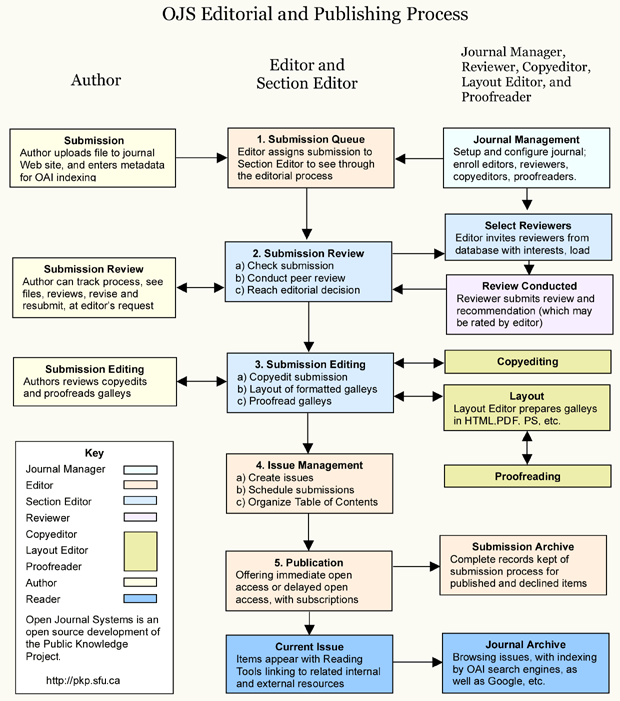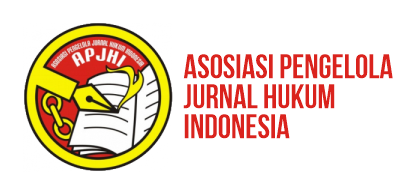Focus and Scope
Estudiante Law Journal (ESLAW) is an open access and peer-reviewed journal that aims to offer an international academic platform for cross-border legal research in multiple governance policies and civil rights law, particularly in developing and emerging countries. These may include but are not limited to various fields such as civil law, criminal law, constitutional and administrative law, customary institution law, religious jurisprudence law, international regime law, legal pluralism governance, and another section related to contemporary issues in legal scholarship.
Authors are invited to submit manuscripts that fall within the scope of the Estudiente Law Journal. Please read the information on the peer-review process. The articles published in ESLAW are going through a double-blind peer-review process. Hence, the decision on whether the scientific article is accepted or not, will be the Editorial Board’s right based on the peer reviewer's recommendation.
Please read and understand the author's guidelines for the preparation manuscript. The author who submits a manuscript to the editors should comply with the author's guidelines and template. If the submitted manuscript does not comply with the guidelines or using a different format, it will be rejected by the editorial team before being reviewed. The editorial team will only accept a manuscript that meets the specified formatting requirements.
Section Policies
Articles
Peer Review Process
Peer Review Process
Detailed information about the flow of the manuscript submission to the acceptance by the editor is shown in the following figure :

Regarding the acceptance of the manuscripts, the following are decisions provided by Estudiente Law Journal:
- Accepted. The journal will publish the paper in its original form;
- Accepted by Minor Revisions, the journal will publish the paper and asks the author to make small corrections (let authors revise with stipulated time);
- Accepted by Major Revisions, the journal will publish the paper provided the authors make the changes suggested by the reviewers and/or editors (let authors revised with stipulated time);
- Resubmit (conditional rejection), the journal is willing to reconsider the paper in another round of decision-making after the authors make major changes;
- Rejected (outright rejection), the journal will not publish the paper or reconsider it even if the authors make major revisions.
Publication Frequency
Estudiante Law Journal merupakan jurnal yang diterbitkan oleh Fakultas Hukum Universitas Negeri Gorontalo tiga kali setahun.
Open Access Policy
Jurnal ini menyediakan akses terbuka langsung ke kontennya dengan prinsip bahwa menyediakan penelitian secara bebas untuk umum mendukung pertukaran pengetahuan global yang lebih besar. Ini adalah jurnal Akses Terbuka yang berarti bahwa semua konten tersedia secara bebas tanpa biaya bagi pengguna atau lembaganya. Pengguna diizinkan untuk membaca, mengunduh, menyalin, mendistribusikan, mencetak, mencari, atau menautkan ke teks lengkap artikel, atau menggunakannya untuk tujuan sah lainnya, tanpa meminta izin terlebih dahulu dari penerbit atau penulis. Ini sesuai dengan definisi BOAI tentang Akses Terbuka.





-2.png)
.png)





